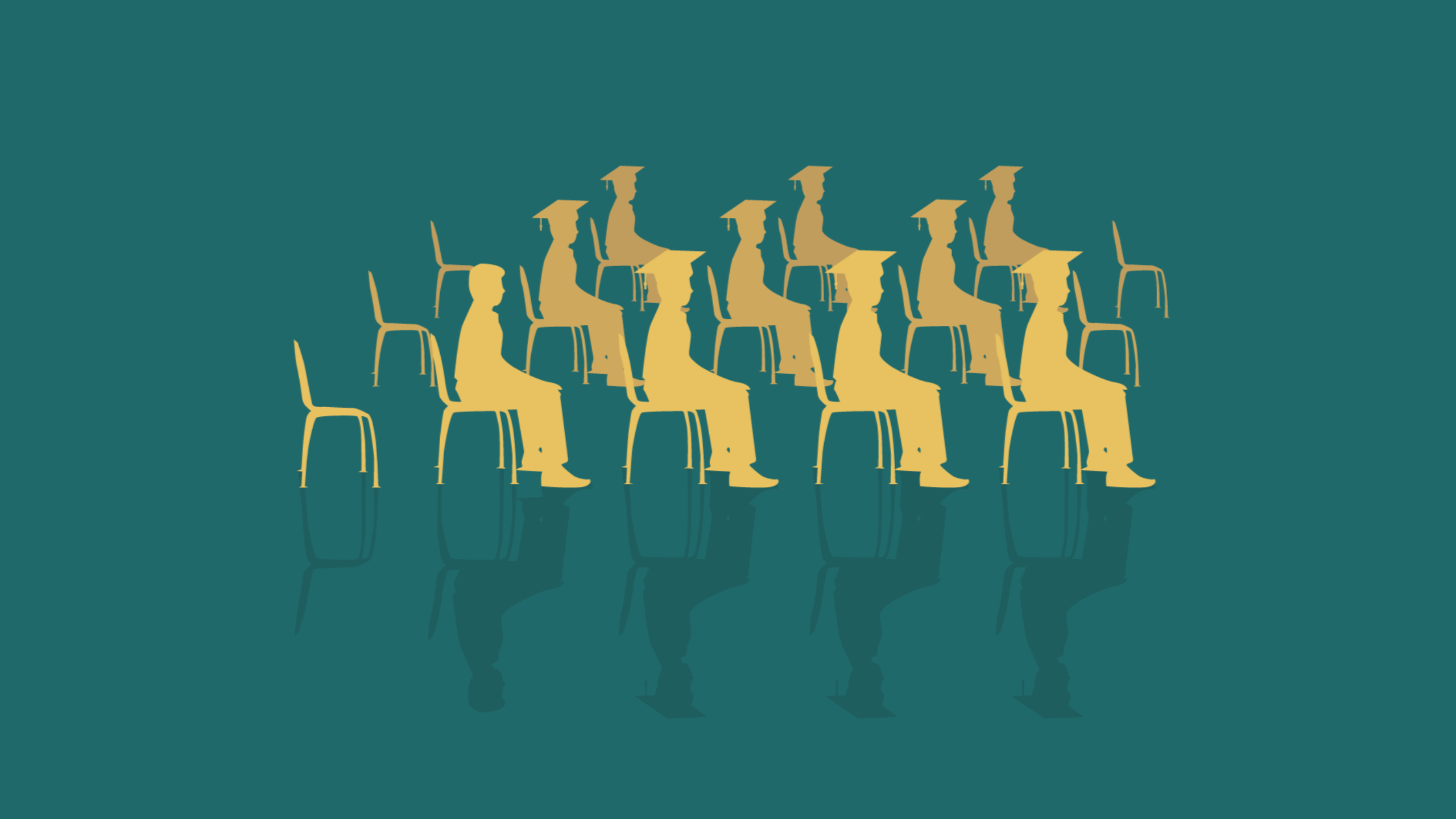A crisis caused by the incomplete composition of the High Council of Justice

The agenda of the 2022 June 2 meeting of the High Council of justice envisaged the resolution of the issue of lifetime appointment of judges appointed for 3 years.
The candidates - Aleksandre Lomidze, Pati Purtskhvanidze, and Lela Chincharauli – were to be interviewed, after which the voting would commence, but the discussion of the issue was postponed until the hearing of the cases pending by these judges. Based on experience, such cases can be discussed for a long time, which means staying in the position for a corresponding period.
The chairperson of the High Council of Justice, Nino Kadagidze, explained that the judges could not go to the interview stage without evaluation, and the lack of the said evaluation was caused by the council is not fully staffed.
More specifically, according to the Organic Law on Common Courts, to evaluate the activity of a judge appointed for a 3-year term, 1 year after his / her appointment and 2 years later, as well as 4 months before the expiration of the 3 - year term of being a judge, the High Council of Justice of Georgia shall select a pair of judge and non-judge members, who will act as an evaluator by independently assessing the efficacy of the judge during the corresponding 2 month period. Since The Supreme Court of Justice is understaffed, only having a single non-judge member, the evaluation process could not be conducted.
The logic of the High Council of justice is as follows: since the council has not had non-Judge members for more than a year, it is practically impossible to evaluate the performance of a judge appointed for a 3-year term. If a non-judge member does not evaluate the candidate, the requirement of the law will be violated, and without evaluation, the judge's appointment after the 3-year term expires also implies an illegal process.
Accordingly, the chairperson of the High Council of justice considered the extension of the term for judges based on Article 36 (5) of the Organic Law as the solution. Any kind of diverging opinion was absent.
“It is worth mentioning that the High Council of justice has not yet published decisions regarding the extension of the judicial term of three judges (Aleksandre Lomidze, Pati Purtskhvanidze, and Lela Chincharauli).”
Although the fundamental principle of equal participation and balanced decision-making by the High Council of Justice members is being violated, due to the incomplete composition, the High Council of Justice is represented by only 10 members and keeps on making decisions on the issues it faces with incomplete staff, which is a problem in itself; however, the situation discussed above is a specific case when the absence of non-Judge members in the High Council of Justice rids them off even the formal basis for decision making and causes complete Judicial collapse.
Who can correct the existing problem and who is responsible for this according to our analysis?
Non-Judge members of the High Council of Justice of Georgia are appointed by the Parliament of Georgia, based on competition and by a majority of 3/5.
According to this record, the Parliament should elect 5 non-Judge members within the established timeframe, but this obligation is not yet enforced. The Council of justice consists of only judge members and one non-judge member appointed by the president (Tamar Ghvamichava), while the parliament has not appointed 5 non-Judge members to date.
The Parliament currently has 143 MPs and its total composition includes 150 MPs. Accordingly, 90 MPs are needed to appoint each non-judge member of the High Council of justice.
Currently, the parliamentary majority consists of 84 MPs, which means that the "Georgian Dream" needs at least 6 MPs from the opposition to elect 5 non-Judge members.
It seems that the parliamentary majority perceives this provision of Organic Law as a barrier to the appointment of its desired candidates to the High Council of justice and therefore the terms of electing non-Judge members are violated.
The High Council of Justice of Georgia is a constitutional body created to coordinate the judicial system and promote quality and effective justice, which should guarantee the independence of the judiciary. Therefore, it is even more difficult to imagine that the High Council of Justice of Georgia has been making decisions with incomplete composition for more than a year and continues to work in the usual rhythm as if the fact that 1/3 of the total composition of the council has not yet been elected is not a severe problem.
For years, Western partners and local civil society representatives have been intensively talking about clan governance of the judiciary. The election of the remaining members of the High Council of justice based on agreement and broad consensus with the opposition is an opportunity for the government to display the steps taken to improve the situation to dispel existing harsh assessments, but the complete opposite takes place– such delay only strengthens distrust.
Recommendation from Brussels: High Council of Justice with the full composition
Among the 12-point recommendations of the European Commission is the implementation of the transparent and effective judicial reform strategy and action plan for 2021, which is based on a broad, inclusive, and stakeholder consultation process... Implementation of a thorough reform of the High Council of Justice and appointment of the remaining members. All these measures must comply with European standards and recommendations of the Venice Commission.“
Local organizations have developed an action plan, which proposes the government take the minimum action steps that can be implemented in the shortest possible time, to implement the recommendations of the European Commission; one of the points of the plan is the timely appointment of non-Judge members of the Council:
"The remaining non – Judge members of the High Council of justice should be appointed-at the next session the Parliament should elect five non-Judge members. The candidate must be impartial, conscientious, and competent. Candidates with high public trust should be appointed to the council and there should be broad consensus among political parties concerning their appointment. This will significantly change the balance of power in the council, creating a new center of gravity with five independent members.“
For the High Council of justice to fulfill its constitutional role – to be able to make decisions on issues within its competence with full composition and equal participation of its members, it is first of all necessary for the Parliament of Georgia to fulfill its obligation, which implies the election of the council members.
If disregarding the needs of justice is a well-established bad habit of the Georgian legislator, hopefully, the voice will be heard more loudly from Brussels and will reach the legislative body of Georgia.
The parliament must appoint non-Judge members of the Council as soon as possible to ensure that the Council is fully composed and any decision of the Council is not perceived as an act defiant to the law.
References:
1 . The fourth prima article of the fourth paragraph of Article 36.
2. If a judge has reached the age specified in subparagraph "g" of the first paragraph of Article 43 of this law or has passed the term of his / her stay in office, the powers of a judge may be extended by the decision of the High Council of Justice of Georgia until the final decision is made by that judge or the panel or chamber
3. Organic Law on Common Courts, Article 47 (5).

The dominant role of the High Council of justice in the activities of the High School of Justice

Substantiating the Decision on the appointment of the Judges - Formality that doesn’t change the content































